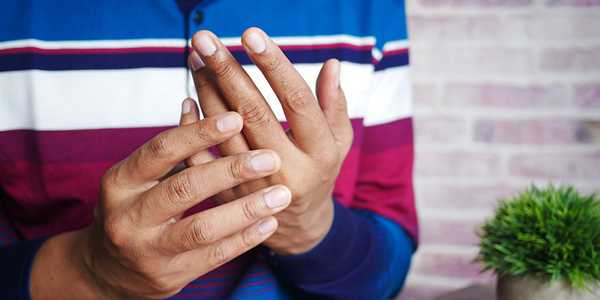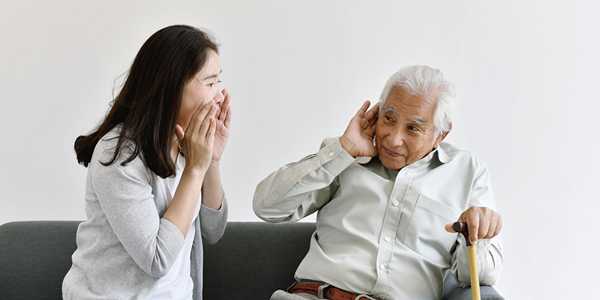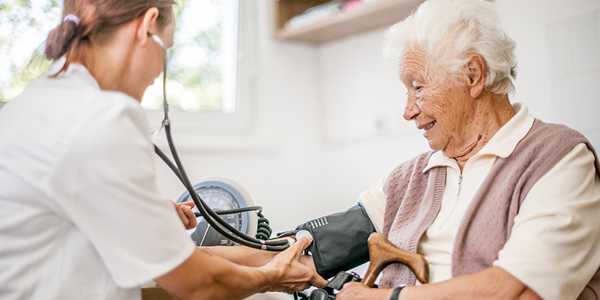Growing older brings about numerous changes, and hearing loss affects millions of people. Some older adults lose hearing slowly, while for others it can happen quickly. Hearing loss can make it hard to enjoy conversations, listen to music, or even hear alarms and warnings. Understanding hearing loss enables individuals to find effective ways to manage it and improve their quality of life.
Causes and Effects of Age-Related Hearing Loss
Age-related hearing loss, also known as presbycusis, occurs when tiny hair cells in the inner ear deteriorate over time. Loud noises, certain medications, or health conditions such as diabetes can exacerbate hearing loss. Family members often notice hearing loss first because the person may turn up the TV too loud or frequently ask others to repeat themselves.
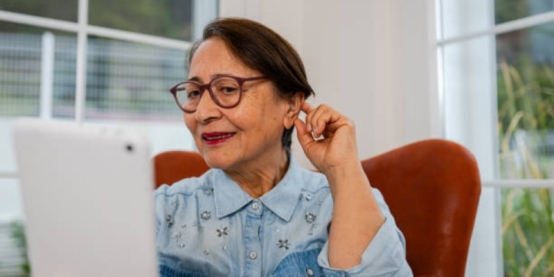
Older adults who ignore hearing loss may feel lonely or stressed. They might avoid social activities because they have difficulty hearing. But there are reasonable solutions that can help.
Hearing Aids and How They Work
Hearing aids are one of the best solutions for older adults with hearing loss. These small devices sit inside or behind the ear. They make sounds louder and clearer. There are many types of hearing aids, allowing people to choose the one that works best for them.
Some hearing aids are very tiny and fit deep in the ear. Others sit behind the ear with a small tube that goes inside. Some hearing aids have special features that reduce background noise. Many new hearing aids can connect to smartphones and TVs with Bluetooth.
Good hearing aids are not always cheap, but they help people hear voices and sounds again. Some insurance plans, including Medicare Advantage plans, may help cover certain costs. Always check with trusted health insurance sources to know what is possible.
Older adults should see a hearing specialist before buying any hearing aid. The specialist will test the person's hearing, discuss their needs, and assist in choosing the correct device. The Hearing Loss Association of America gives more details on finding help.
Cochlear Implants for Severe Hearing Loss
Sometimes hearing aids are not enough, especially for people with severe hearing loss. Cochlear implants can be another choice. This small device is inserted into the ear during surgery. It helps send sound signals directly to the hearing nerve.
Unlike hearing aids, which only amplify sounds, cochlear implants bypass damaged parts of the ear. They are suitable for individuals who receive little to no assistance from traditional hearing aids.
Not everyone can get cochlear implants. A hearing doctor, called an audiologist, will do tests and decide if this is the best option. Many people who use cochlear implants require practice to adjust to the new way they hear. This takes time and help from speech therapists.
Assistive Listening Devices and Tools
Older adults with hearing loss can use other helpful tools. Assistive listening devices enhance the clarity of sounds in places such as theatres, churches, or meeting rooms. Some devices have microphones that pick up the speaker's voice and send it straight to the listener's ears.
There are special phones for people with hearing loss. These phones have extra-loud ringtones and captions that show what the other person is saying. Alarm clocks with flashing lights or vibrating alerts can also help people wake up on time.
TV listening devices make watching shows easier without having to turn the volume too high. Some tools can even connect with hearing aids to stream sound directly.
Public places, such as airports or train stations, may have hearing loops. These systems send sound straight to hearing aids that have a telecoil setting. Always look for signs that say "T-coil" or "hearing loop."
Good Habits for Better Hearing Health
Besides devices, some lifestyle habits can help protect hearing. Older adults should try to avoid exposure to deafening noises. Wearing ear protection at noisy events or places can help protect your hearing. Some medications can harm hearing, so it is crucial to discuss potential side effects with a healthcare professional.
Healthy habits, such as regular check-ups, a balanced diet, and exercise, can also help maintain ear health. Some studies show that high blood pressure and diabetes can hurt hearing. Managing these problems lowers the risk of further hearing damage.
Family support is also essential. Loved ones can help older adults use their hearing aids correctly and remind them to schedule regular checkups. Joining a hearing loss support group can help people share tips and feel less alone.
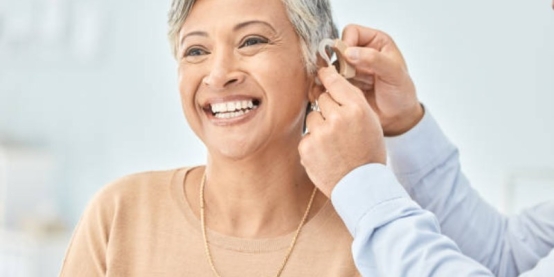
When to See a Hearing Professional
Many older adults wait too long before getting help for hearing loss. If someone finds it difficult to follow conversations, experiences ringing in the ears, or struggles to hear on the phone, it may be time to consult a hearing specialist.
An audiologist or an ear, nose, and throat doctor can perform a hearing test. They will explain the type of hearing loss present and recommend the best solutions. Sometimes, earwax buildup can cause hearing problems and can be treated easily.
Yearly hearing tests help catch problems early. People who already wear hearing aids should also have them checked regularly to ensure they continue to work well.
Making the Right Choice
Finding the best hearing loss solution depends on the severity of the hearing loss and the individual's specific needs. Hearing aids work well for many people. Cochlear implants are suitable for individuals with severe to profound hearing loss. Assistive listening devices make daily life easier. A mix of these solutions can help older adults stay connected and enjoy life more.
Family and friends can help older adults find and use these solutions. It's never too late to seek help for hearing loss. Good hearing health brings confidence and joy back to life.
